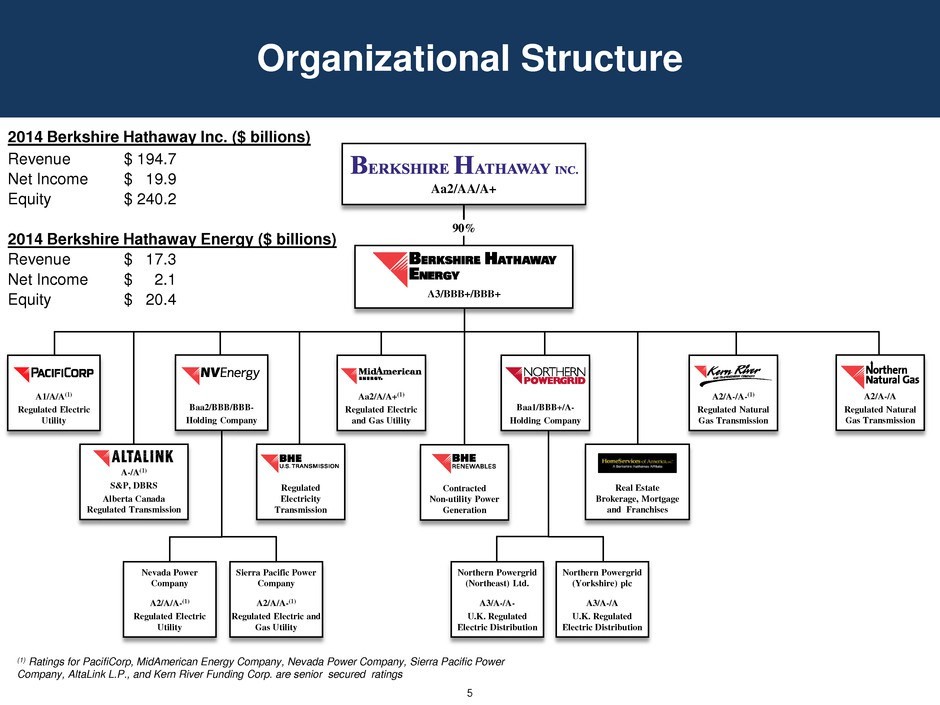
The average money management fee will be a question you ask when searching for an investment agent. Investment advisors charge anywhere from 0.25% to 0.3% of assets. We'll be discussing the fees charged to three registered investment advisors in this article. After reading the fees, you will be able to make your own decision based on your understanding of the industry and your specific needs. To avoid overpaying, make sure you read all the fine print.
Assets: 0.25% to 0.3%
A lot of financial advisors charge an investment management fee. This is usually a percentage on your account balance. A portfolio with less than $250k will have a 1% fee. This is more than 0.25 percent of your balance after inflation. But this is only an average. Many advisors charge more than 1% of your account balance, but many charge far less than this amount. The majority of advisors will increase their fee by 0.255% per annum.

Investment advisors receive 0.25% - 0.30% of assets
Veres data includes fees for fee-only advisors as well as total cost of AUM. Fees include fees for underlying investments and trading platforms. Fees are lowest for investment advisors whose AUM is less than $1 million. They increase steadily but remain stable. Fees for financial advisors whose AUM is $5 million and up are typically 1.5% to 0.7% of assets.
State Street Global Advisors estimates that almost half of investors believe that investment fees include the cost of investing. Nearly half of millennials, generation X, and baby boomers incorrectly believe that fees cover the cost of mutual funds. This is a widespread misconception, especially among younger investors. 71% baby boomers believe the same. Advisor fees do not cover the investment fee in mutual funds.
Registered investment advisors will receive assets ranging from 0.2% to 0.3%
The average advisor fee for registered investment advisors is between 0.25% and 0.30% of AUM. Fees tend to decline with asset value, with the median fee at 1.25% for portfolios under $250k and 0.88% for assets above $1M. A significant number of advisors charge fees that exceed 1% of AUM. Fees tend to decline with increasing account balances.

Schwab employees make more money on SWA and advisory assets than independent contractors. However, they earn less. On the other hand, independent contractors receive a monthly "Net Payment" from Schwab, which they then pay to IB Representatives. Fees can be lower if you sign individual agreements or take advantage of promotional deals. Make sure you understand your account's nature and fees before choosing an investment adviser.
FAQ
How do I choose a consultant?
There are three main factors to consider:
-
Experience - How much experience does this consultant have? Is she a beginner, intermediate, advanced, expert, or something else? Do her qualifications and knowledge show on her resume?
-
Education – What did this person learn at school? Did he/she continue to take relevant courses after graduation? Can we see evidence of that learning in the way s/he writes?
-
Personality: Do you like this person or not? Would we prefer him/her working for us?
-
These questions can help you determine whether the consultant is right for your needs. If you don't have clear answers, it may be worth meeting with the candidate for an interview.
Why hire consultants?
There are many factors that could lead to you hiring consultants.
-
An organization might have a particular problem or project that requires solving
-
You are looking to learn new skills or improve your existing skills
-
You want to work closely with experts in a certain field
-
No one else is available to take on the task.
-
It's overwhelming to see all the information, and you don't know how to get started.
-
You can't afford full-time employment
Word of mouth is the best way to find a great consultant. Ask around if anyone knows any reputable consultants. If you already know someone who works as a consultant, ask him/her for recommendations.
Use the "Search People" function to search for consultants in your region if you are interested in using online directories like LinkedIn.
What qualifications are necessary to become a consultant
It's not enough just to have an MBA degree; you must also demonstrate experience working as a business consultant. You should have at least two years of experience in consulting and/or training for a major company.
You will need to have worked closely alongside senior management teams in order to develop strategy projects. This means you'd have to be comfortable presenting ideas to clients and getting buy-in.
You'll also need to pass a professional qualification exam such as the Chartered Management Institute's Certified Management Consultant (CMC) certification.
Who hires consultants
Many companies hire consultants to help with their projects. This includes small businesses, large corporations and government agencies.
These consultants may work directly for the organization, or freelance. In both cases, the process for hiring depends on how complex and large the project is.
Many rounds of interviews are required when hiring consultants. Then, the final decision will be made about who you believe is best for the job.
What is the difference?
A consultant is an advisor who gives information on a particular topic. Consultants offer solutions to problems.
A consultant works directly alongside clients to help them realize their goals. An advisor advises clients indirectly through books, magazines, lectures, seminars, etc.
What does it mean to be a consultant?
A consultant is someone who provides services for other people. This is more than a job title. You help others achieve their goals. Helping others to understand their options, and then helping them make the best decisions.
Consultants can help you solve problems or overcome challenges when working on projects. They offer guidance and advice about how to implement such solutions.
Consultants should be able and willing to answer any questions regarding business, technology or finance, leadership, strategy, customer service, legal, management, leadership, management, law, management, law, procurement, legal, marketing, human resources, etc.
Statistics
- So, if you help your clients increase their sales by 33%, then use a word like “revolution” instead of “increase.” (consultingsuccess.com)
- "From there, I told them my rates were going up 25%, this is the new hourly rate, and every single one of them said 'done, fine.' (nerdwallet.com)
- My 10 years of experience and 6-step program have helped over 20 clients boost their sales by an average of 33% in 6 months. (consultingsuccess.com)
- According to statistics from the ONS, the UK has around 300,000 consultants, of which around 63,000 professionals work as management consultants. (consultancy.uk)
- Over 50% of consultants get their first consulting client through a referral from their network. (consultingsuccess.com)
External Links
How To
How can you find the best consultants?
The first thing to do when looking for a new consultant is to ask yourself what you want from him/her. You should know exactly what your expectations are before you start searching for someone. It is important to make a list with all the requirements you have for a consultant. This might include skills such as project management, professional expertise, communication, availability, and technical skills. After you have outlined your requirements, you might want to ask friends and colleagues for recommendations. Ask them what their experience with consultants was like and how they compare to yours. Do some internet research if they don't have recommendations. There are many websites, such as LinkedIn, Facebook, Angie's List, Indeed, etc., where people post reviews of their previous work experiences. Consider the ratings and comments of other candidates and use these data to start your search for potential candidates. Once you have a shortlist, be sure to contact potential candidates directly to schedule an interview. Talking through your requirements during the interview is a good idea. Ask them questions about how they can assist you in achieving those goals. It doesn't matter whether they were recommended to you or not; just ensure that they understand your business objectives and can demonstrate how they can help you reach those goals.